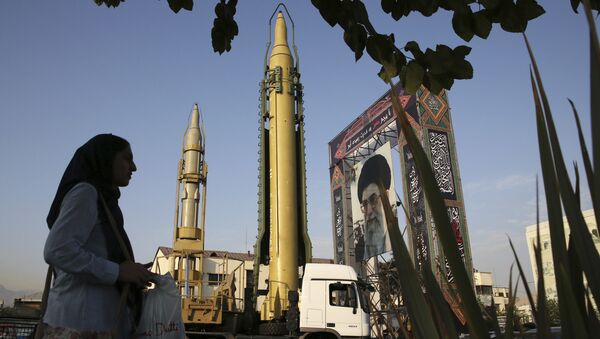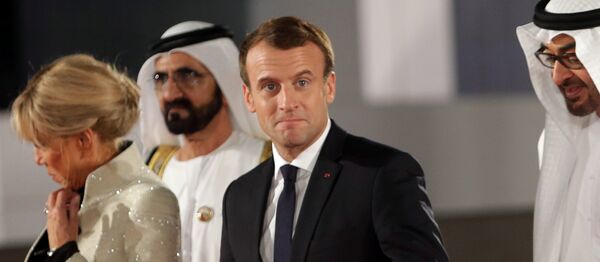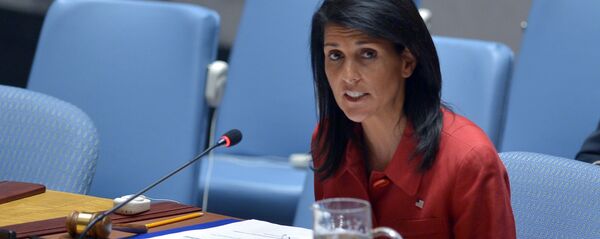France and Iran have seen diplomatic relations worsen in recent months after Macron suggested that the Tehran government should become less aggressive in the Middle East.
Macron, critical of recent ballistic missile tests by Iran, floated the idea of additional sanctions against the nation for a military program that Tehran suggests is solely defensive.
Tehran reacted strongly to Macron's comments, accusing France of doing the bidding of the White House.
"To sustain its international credibility, France should not blindly follow the Americans," said Ali Akbar Velayati, top adviser to Iranian Supreme Leader Ayatollah Ali Khamenei, cited by Iran's state-run Fars news agency.
"The French president is now acting as Trump's lapdog," Velayati added, cited by Reuters.
In his remarks, Velayati — a former Iranian presidential candidate — also criticized US Ambassador to the United Nations Nikki Haley, who recently displayed what she claimed were sections of an Iran-manufactured missile allegedly used by Yemen's Houthi political opposition faction against an ongoing Saudi Arabian onslaught using US-built missiles, fighter jets and other hardware.
"This claim shows [Haley] lacks basic scientific knowledge and decency," stated Velayati.
"She is like her boss [Trump] as he also says baseless, ridiculous things," he said, adding, "Iran has not supplied Yemen with any missile," the top Iranian government advisor said.
In other remarks about the charges against Iran made by the US ambassador to the UN, the Tasnim news agency quoted Ramezan Sharif, a spokesman for Iran's elite Revolutionary Guards, saying on Sunday that "they show a cylinder and say Iran's fingerprints are all over it, while everyone knows that Yemen acquired some missile capabilities from the Soviet Union and North Korea."
France offered a muted response to Haley's allegations and claims, stating on Friday that "The United Nations secretariat has not, at this stage, drawn any conclusions. France continues to examine the information at its disposal," according to Foreign Ministry deputy spokesman Alexandre Giorgini, cited by Reuters.
Velayati on Sunday asserted that reports of meetings between Saudi Arabia and Israel regarding methods to get Iran to relax its defensive posture were no threat, as both nations were considered by Tehran to be "weak and insignificant."
In November, Iran's Revolutionary Guards warned that if Europe, the EU or NATO became a threat to Tehran, the Guards would increase their missile range to some 1,240 miles.




